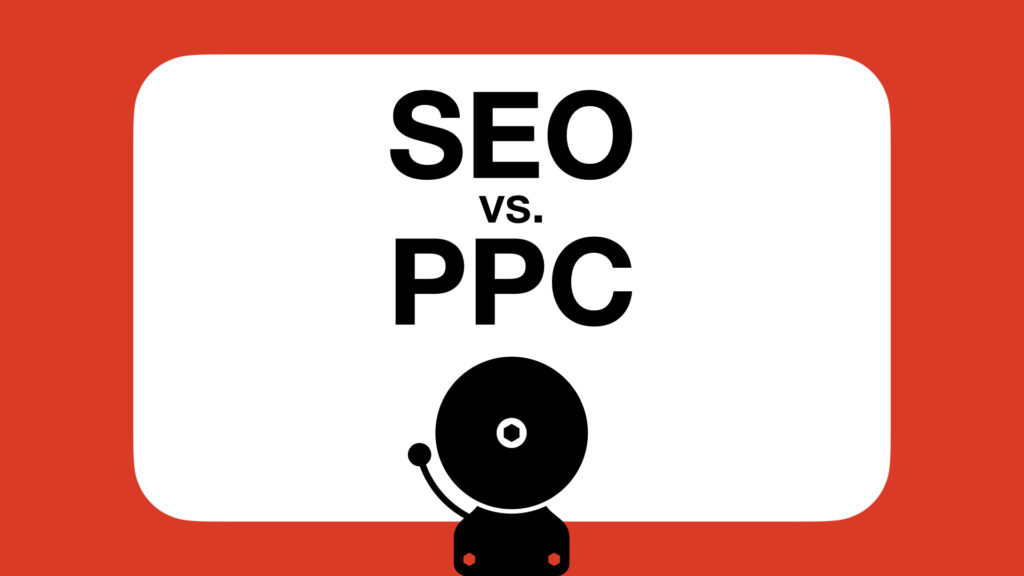
So, you’ve got a Christian website up and running, and you’re ready to share your message with the world. That’s awesome! But if your site isn’t optimized for search engines, you might be missing out on a huge chunk of traffic. SEO (Search Engine Optimization) can feel like a bit of a maze, and it’s easy to fall into some common pitfalls. Let’s talk about the top 5 SEO mistakes that Christian websites often make—and how you can avoid them!
1. Ignoring Local SEO
•Here’s the deal: if you’re running a church, ministry, or Christian business, local SEO is your best friend. Many Christian websites focus solely on global keywords like “faith” or “Christian resources,” but straight-up, you need to target your local community too.
•The Fix: Include local keywords like your city, neighborhood, or state in your website content. For example, a church in Dallas should use terms like “Bible-based church in Dallas” or “Christian counseling in [Your City].” Make sure to also set up a Google My Business profile to show up in local searches.
2. Keyword Stuffing
•Alright, let’s get real. Back in the day, stuffing your website with keywords was a way to rank higher in search results. But now? Google is too smart for that! Overloading your content with keywords not only turns off visitors but also makes search engines penalize your site. Nobody likes reading, “Christian books, Christian bookstore, Christian gifts” over and over again, right?
•The Fix: Focus on naturally incorporating keywords into high-quality content. Aim for a balance—include your keywords in titles, headings, and throughout your content, but make sure it reads smoothly. Think of it this way: write for people first, then optimize for search engines.
3. Neglecting Meta Tags
•Meta tags might sound like some fancy tech jargon, but they’re super important. Your meta title and meta description are what appear in search engine results, and they help both search engines and users understand what your page is about. Skipping meta tags is like sending an invitation without the details—no one’s gonna show up!
•The Fix: Always add a unique meta title and description for each page on your site. Keep the title under 60 characters and the description under 160 characters. Include your main keyword, but make sure it sounds inviting. For example, a church could use: “Welcome to [Church Name] – Your Faith Community in [City].”
4. Forgetting About Mobile Optimization
•You know what’s crazy? More than half of all website traffic comes from mobile devices. If your website doesn’t look or work well on mobile, visitors will bounce faster than you can say “amen.” Plus, search engines favor mobile-friendly websites in their rankings.
•The Fix: Use a responsive design that adapts to different screen sizes. Most website builders like WordPress and Squarespace have mobile-friendly templates, so make sure to test how your site looks on different devices. This simple step can be a game-changer for both user experience and SEO.
5. Not Creating Enough Quality Content
•This is a biggie. Search engines love fresh, valuable content. If your website only has a few pages with minimal information, it’s going to be tough to rank well. Visitors are searching for answers and guidance, so give them what they’re looking for!
•The Fix: Start a blog, add testimonials, or create helpful guides. Got a Christian bookstore? Write a post about “Top 10 Must-Read Christian Books for Spiritual Growth.” Running a church? Share a weekly devotional. The key is to provide valuable, engaging content that keeps visitors on your site and coming back for more.
Need Help Avoiding These Mistakes?
No worries if this feels a bit overwhelming—we get it! Our company specializes in SEO tailored for Christian websites. Whether you need help with keyword research, content creation, or technical SEO, we’ve got your back. Let’s work together to ensure your website reaches the people who need it most.
Wrapping Up
SEO doesn’t have to be complicated, but it does require some attention to detail. By avoiding these common mistakes, you can make sure your Christian website shines online and connects with the audience you’re looking to serve. Remember, the goal isn’t just to rank high on search engines—it’s to make it easier for people to find the support, resources, and faith-based community they need.
Now that you know what to avoid, go ahead and give your website a quick check. And if you need a hand, you know we’re here to help!












